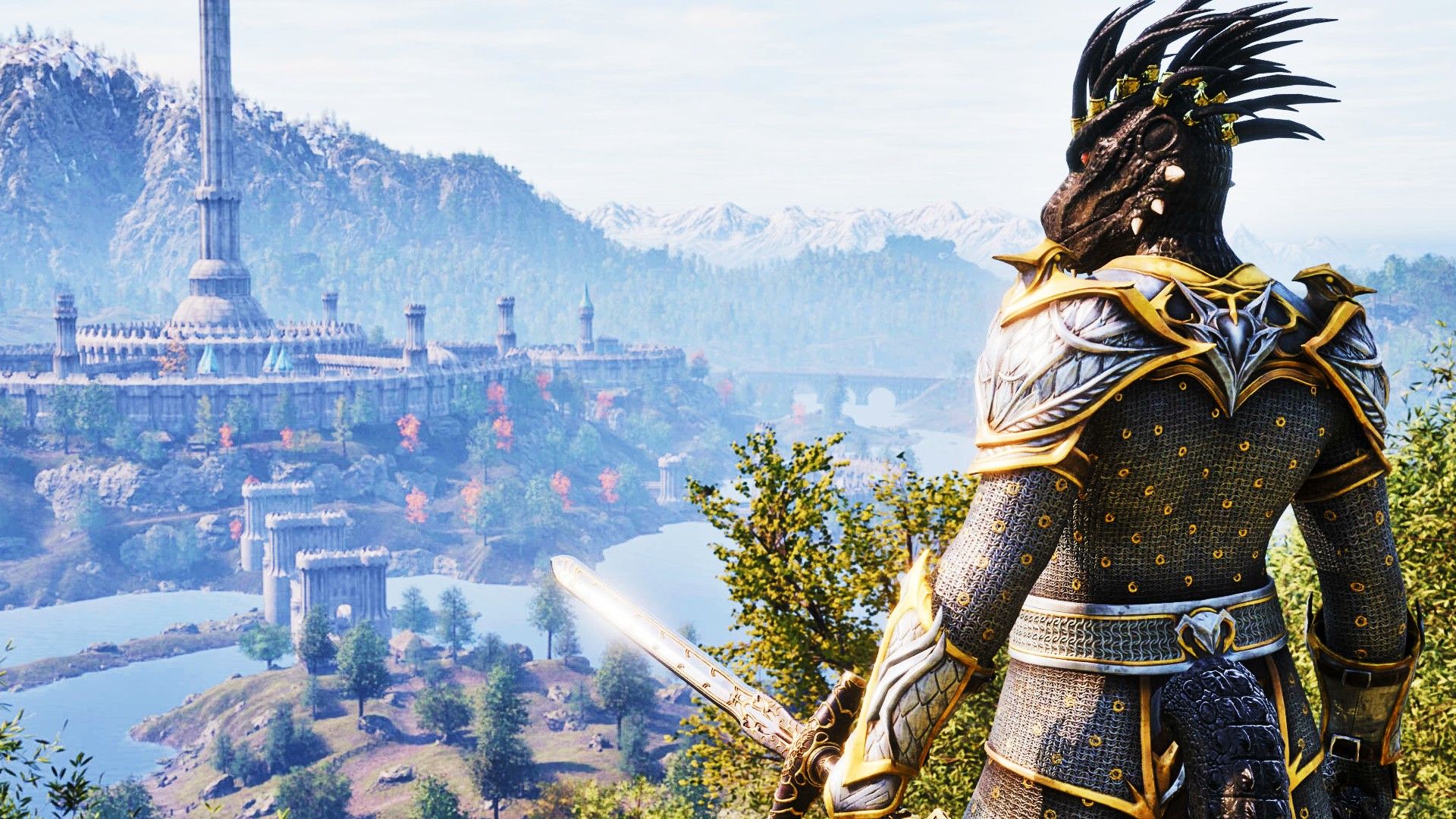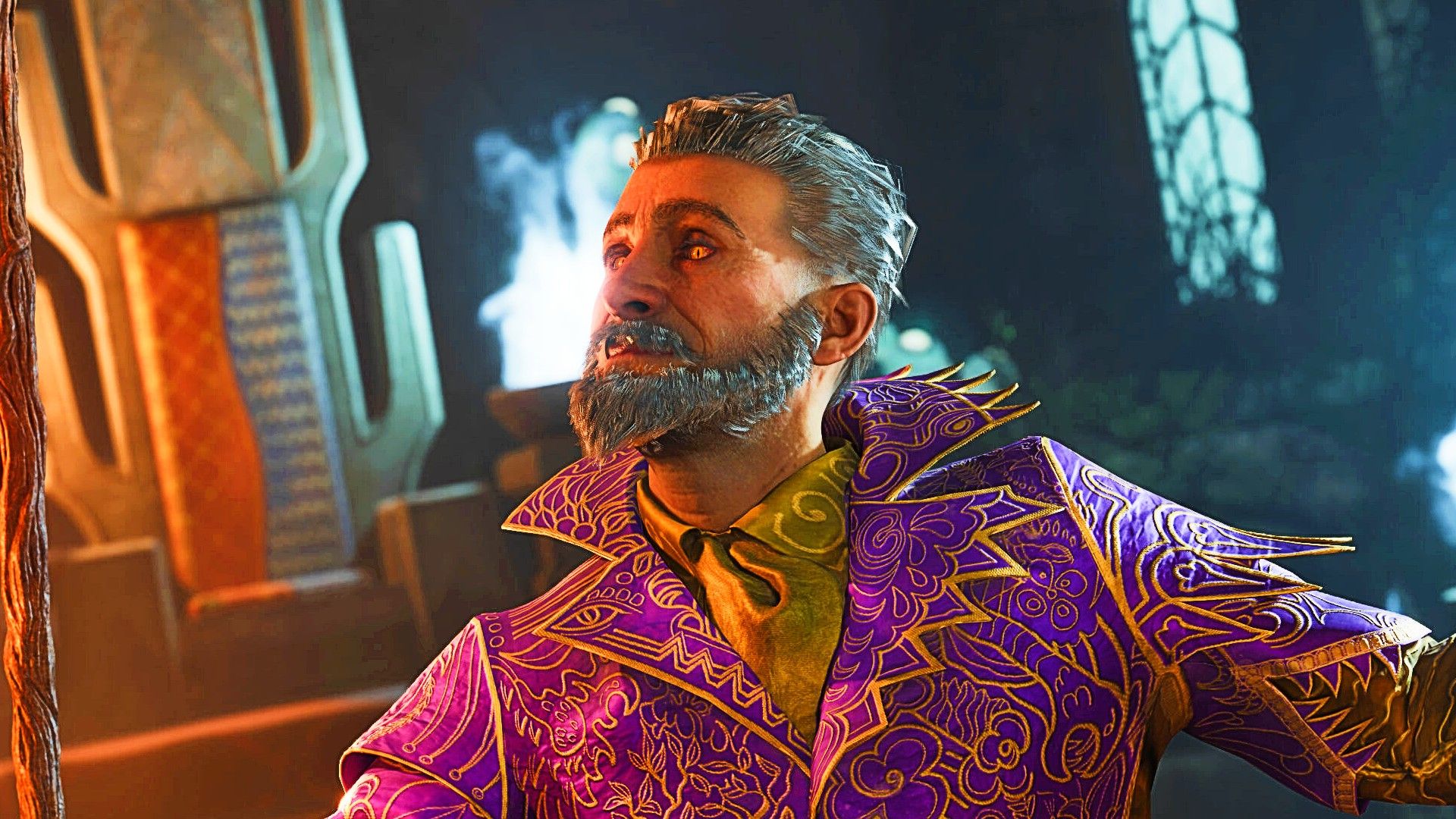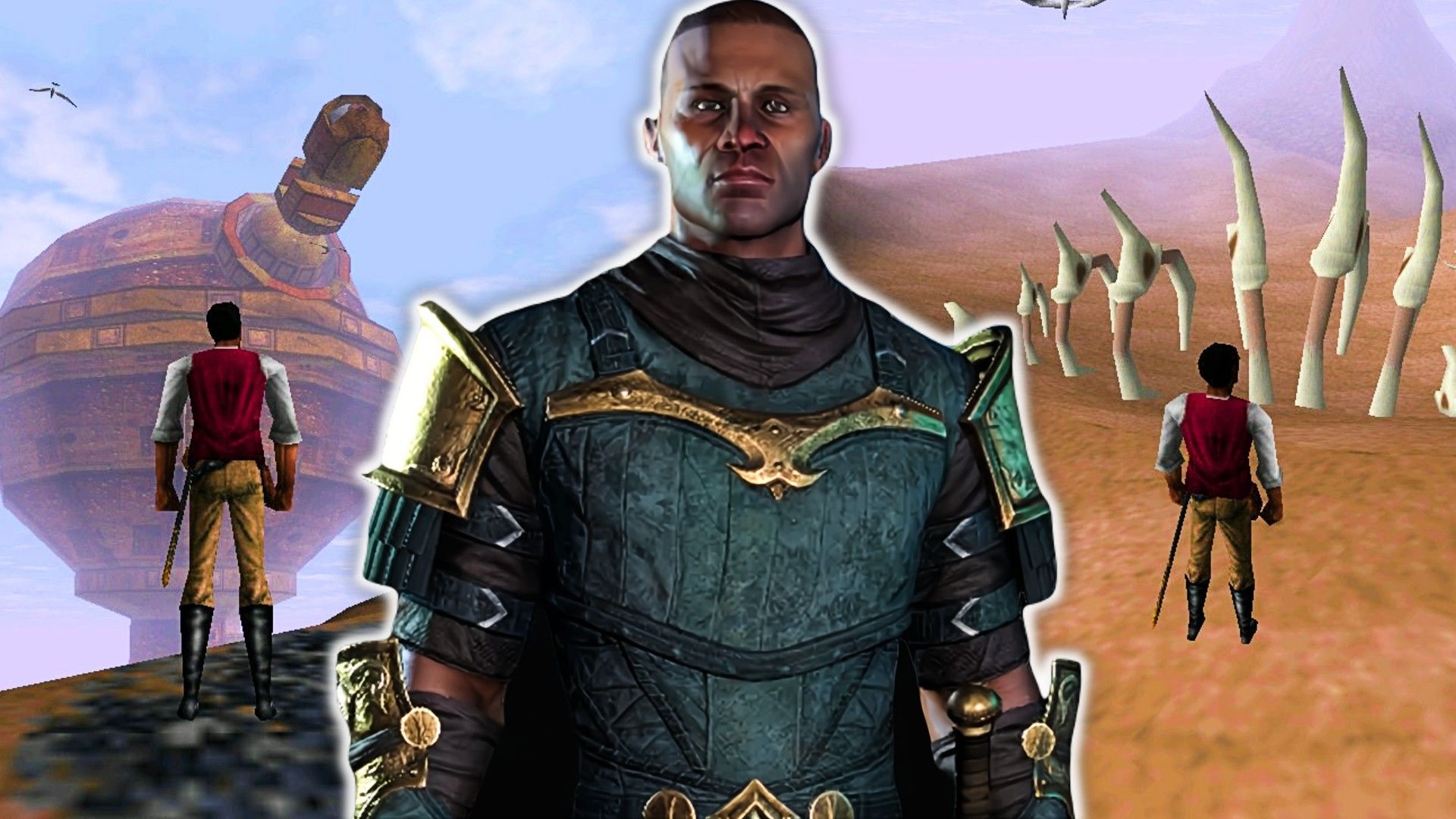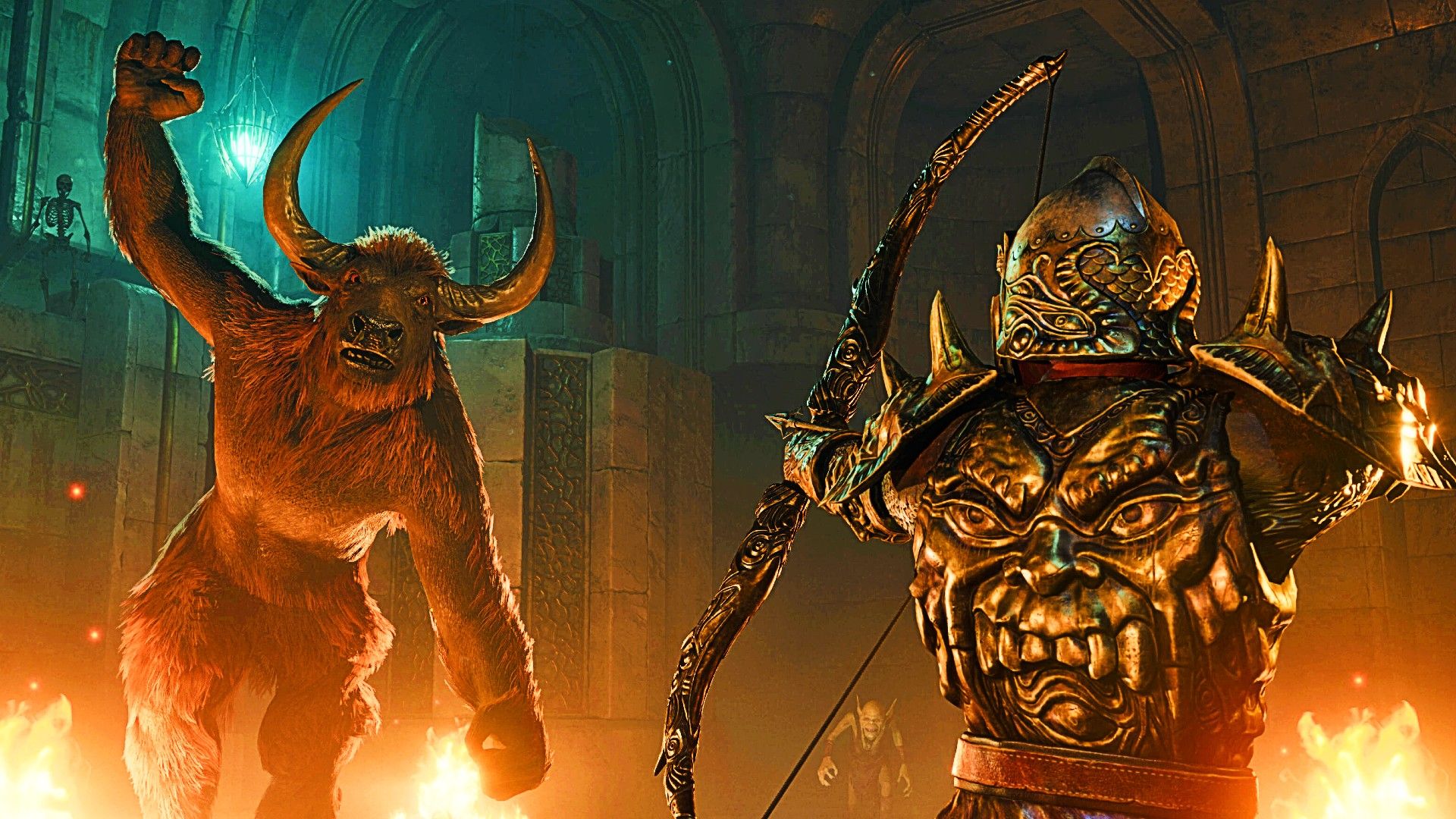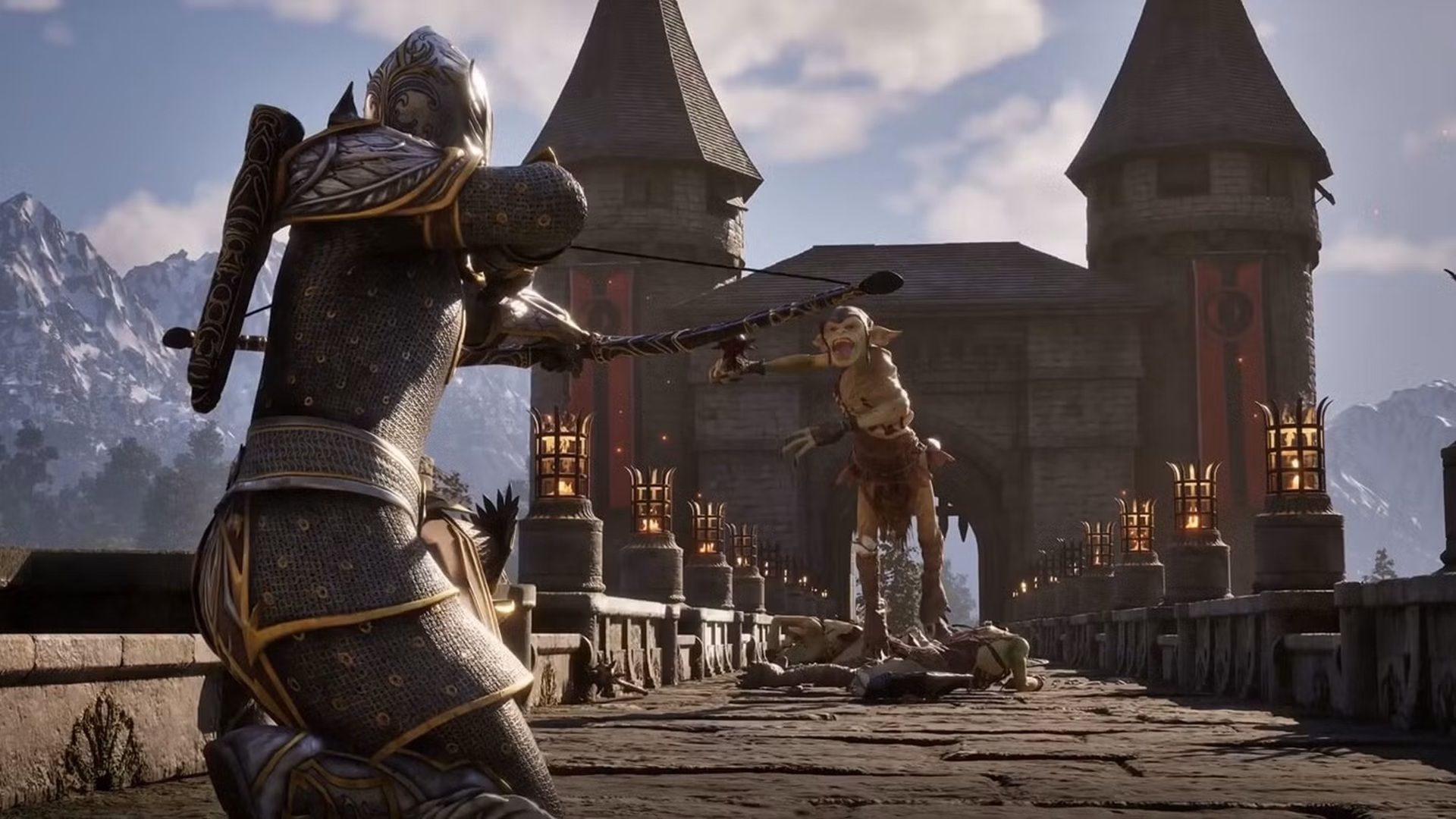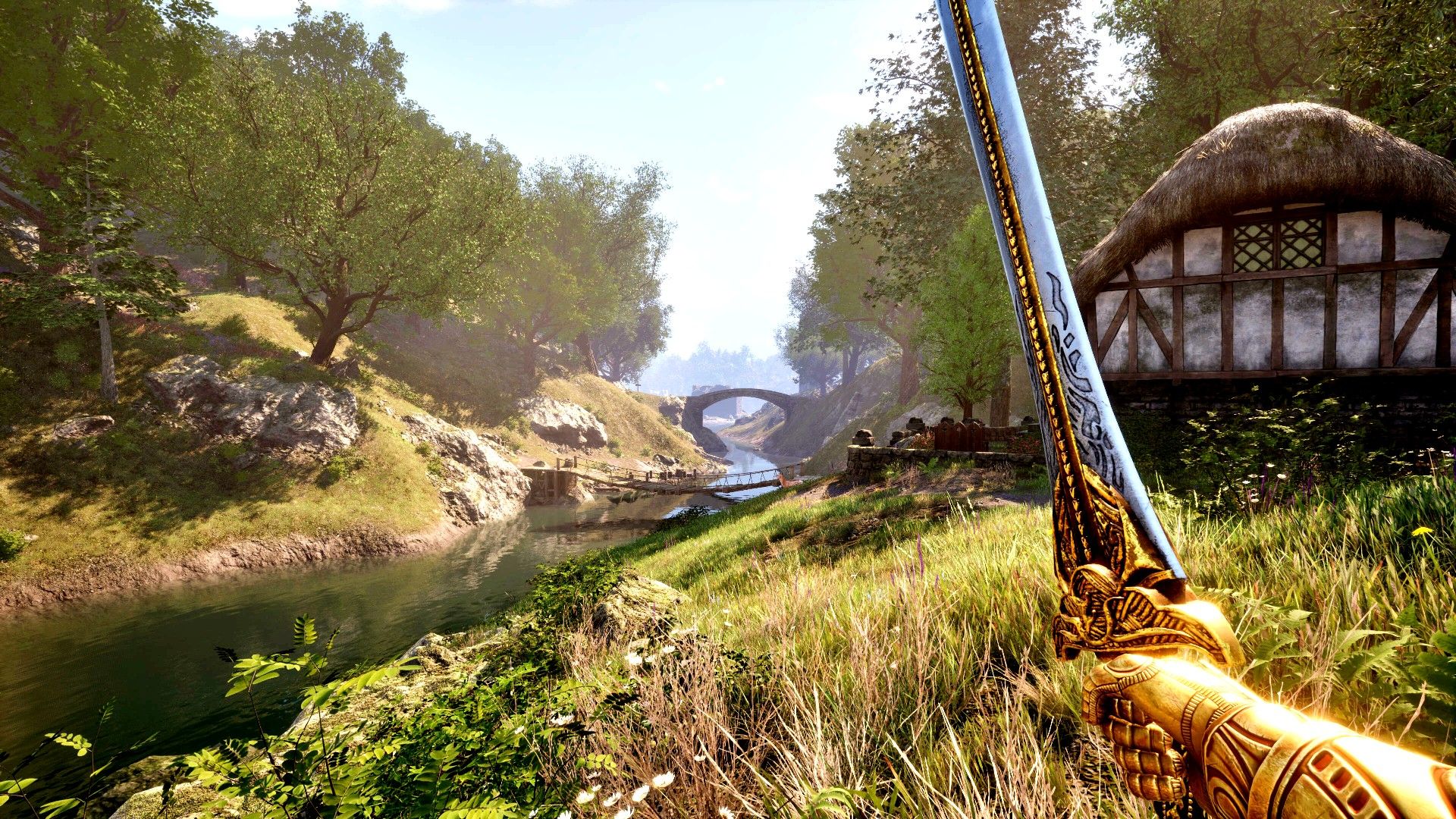Summary
- Oblivion Remastered Deluxe Edition offers extra content like new quests and gear sets, enhancing the player’s experience.
- DLC is justified when it adds meaningful content to a game, unlike DLC that locks away major elements.
- Bethesda’s history of controversial monetization choices raises concerns about future decisions for games like Oblivion Remastered.
The Elder Scrolls IV: Oblivion Remastered was released with a lot of additional content. While I am very happy to see so much old content in the game, I am worried about what Bethesda may do after seeing how much love the remaster has received (even after a few flops).
Now that the company is in the good graces of its fans, will it make some controversial monetary choices?
Oblivion Remastered Offers More Content as DLC
The Elder Scrolls IV: Oblivion Remastered Deluxe Edition comes with a lot of extra content that goes beyond the main game, giving players a much bigger experience than the original. A key part of this upgraded edition is two brand-new quests that let players earn special armor and weapons based on the powerful gods Akatosh and Mehrunes Dagon.
These quests tell an interesting story about obtaining these strong items, adding more content to the game. The Akatosh sets, which match the god’s connection to order and time, look very different from the Mehrunes Dagon sets, which represent chaos and destruction. This contrast between order and chaos even applies to the horse armor in the Deluxe Edition, where players can get two styles for their horses: one called “Order” and the other called “Cataclysm.”
The Deluxe Edition also comes with two bonus features that aren’t part of the gameplay. These are the digital art book and a soundtrack app. The digital art book gives players a detailed look at the artwork behind Oblivion Remastered, including early concept art, character designs, and environment artwork.
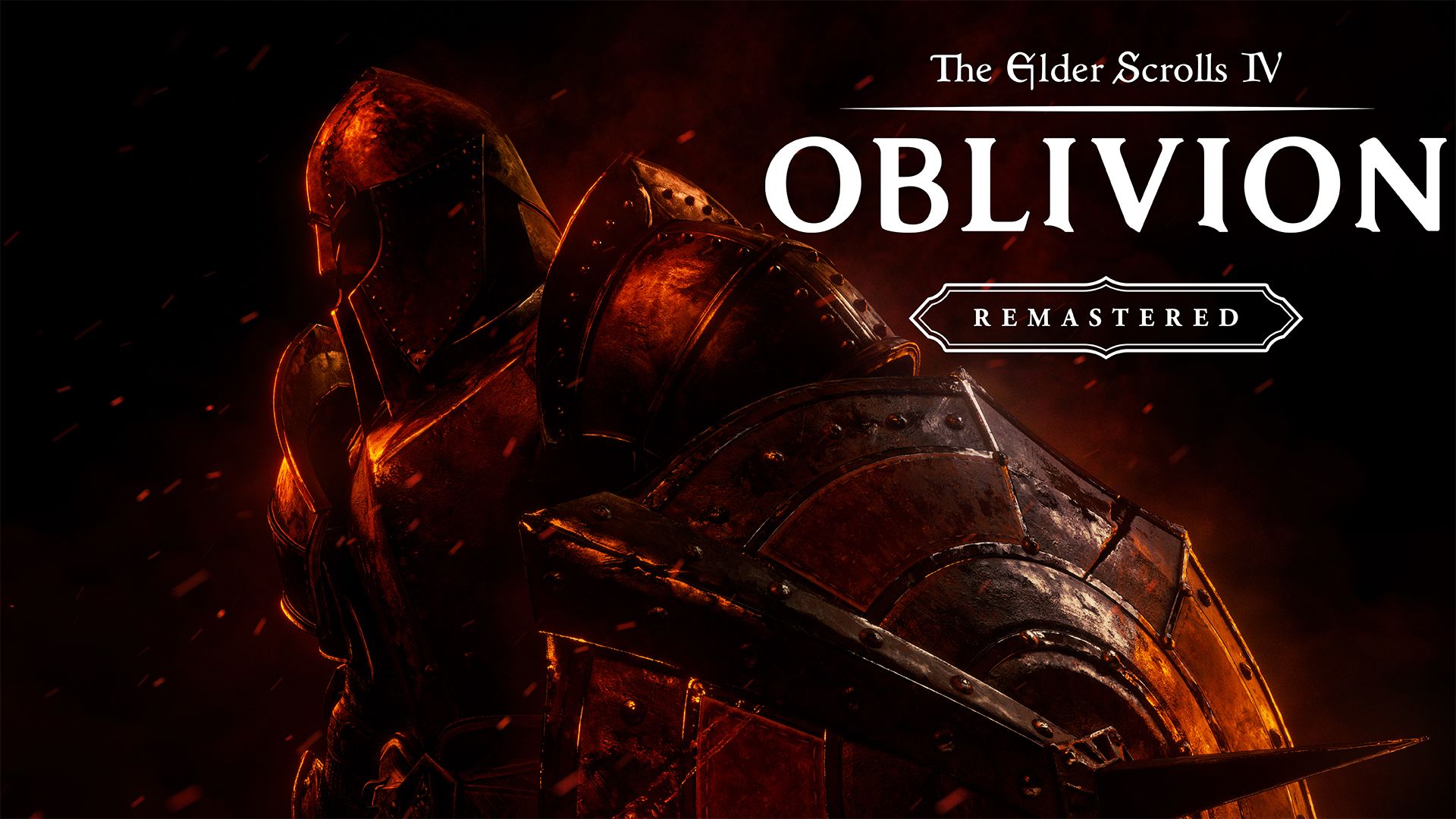
Related
Bethesda Says No Official Mod Support for The Elder Scrolls IV: Oblivion Remastered
Bethesda won’t provide official mod support for Oblivion Remastered, but that won’t stop PC players.
The value players are getting really proves that the gaming world is ready for more Bethesda remasters. If anything, the new content is a way to give players more while still delivering what was promised. The original content and DLC are free, making this extra content feel like a bonus instead of a predatory DLC.
The two major DLC expansions from the original game, Shivering Isles and Knights of the Nine, are included in the base game. If players only focus on the main story missions in these expansions, they can expect around 15 more hours of playtime without any extra charge, and that’s what we like to see.
Whenever an older game gets remastered, the expectation is that all the content (and DLC) gets added in. The success of the Oblivion Remastered Deluxe Edition depended on its large amount of extra content. If players thought they had to pay more for what felt like the whole experience, there would be issues.
When DLC truly adds to a game in a meaningful way, the higher price makes sense. What makes the Deluxe Edition appealing is the sheer amount of content it includes beyond the original game. Bethesda has always had immersive games to get lost in, and the Deluxe Edition only adds to this.
DLC gets less understandable when it hides away major pieces of the game. A good example of this is Dragon Age: Inquisition. By the end of the game, the player saves the world and closes the rifts. However, the game built up Solas’ story as if it had made a big impact on the world, and it did. To get the ending that resolves his storyline and gives a good conclusion for the inquisitor, players have to pay for the Dreadwolf DLC.
The same thing happens in Mass Effect 2 with the Arrival DLC, which not only sets up the third game but is also referred to very often in the third game. Those kinds of DLC feel less justified because it feels like a piece of the lore was put on sale, and that piece not only sets up a sequel but resolves big chunks of the story.
The Witcher 3 has great DLC that adds major story sections, new characters, and improved gameplay. You didn’t have to play these to understand the main story or to feel a conclusion you should have gotten sooner. Instead, it really felt like an entirely new adventure. Basically, some DLC has the best part of the game.
In the case of Oblivion Remastered, the Deluxe Edition’s extra content clearly gives players a lot for their money. However, it’s a slippery slope for Bethesda, as the company is no stranger to adding price points that feel unfair to some.
Bethesda Has a History of Monetizing Features
Bethesda has a history of using monetization strategies that have caused a lot of arguments and frustration among gamers. One of the most well-known examples is the 2006 release of the “Horse Armor” DLC for The Elder Scrolls IV: Oblivion. This DLC cost $2.50 and only gave players a visual upgrade for their horse, with no actual benefits to gameplay.
It may seem strange today, but charging for cosmetic changes was considered outrageous back then. Expansion packs during that time added much more than a few cosmetics, and players used to be a lot more united against companies trying to nickel and dime.
Players reacted strongly and quickly, criticizing Bethesda for charging money for something so small and seemingly overpriced. This moment became a key example of growing worries about microtransactions and whether game companies were focusing more on making money than giving players good value.
Unfortunately, this problem appeared with Skyrim’s paid mod system. While the idea was to help modders earn money, the way it was implemented led to a lot of complaints from fans. Many people thought some mods were priced too high for the work put into them, while others worried about possible unfair practices and the lack of checks to ensure quality.
Since many free, high-quality mods were already available on sites like Nexus Mods, the paid system made the situation seem even more unfair. The strong negative reaction showed a fear that paid mods could hurt the community-focused spirit of modding, possibly pushing away volunteers and turning a creative, shared space into a place just for making money. Introducing paid mods felt like a betrayal of the modding culture that had always been a big part of what made Bethesda’s games so popular.
Essentially, Bethesda has a history of questionable choices. Players want consistent quality, and Oblivion Remastered has that—for now.
We Don’t Want More Game Trials for Full Games
Bethesda has become a huge part of Game Pass. The idea was to get Game Pass to access every Bethesda game as part of your subscription. However, that feels like it can be revoked. Game Pass used to offer full games on release for every tier, but that is now only available for Ultimate.
The Deluxe Edition doesn’t come with Game Pass and that’s fine since it’s extra content. But I’d be lying if I said I wasn’t worried about the future. At some point, Bethesda may only introduce games as trials to earn more money for full purchases.
EA Play already has it good on Game Pass. Dragon Age: The Veilguard did poorly finance-wise, and now there is a free trial for those who subscribe to Game Pass. This is essentially a free demo to help sell more copies. Plenty of other titles from EA are trials on Game Pass.
Game Pass sells subscriptions with the promise of a library of games but adds some of those games as trials. That sets a bad precedent. It’s great that we got The Elder Scrolls IV: Oblivion Remastered as part of a subscription, but it’s a slippery slope to seeing newer games as demos on incomplete experiences.
For now, Bethesda’s remasters seem to be on track. Oblivion Remastered is a faithful yet significant upgrade that has delighted fans new and old (despite having some problems). Let’s hope Bethesda sticks to this strategy when it inevitably remasters games like Fallout 3 in the future.


